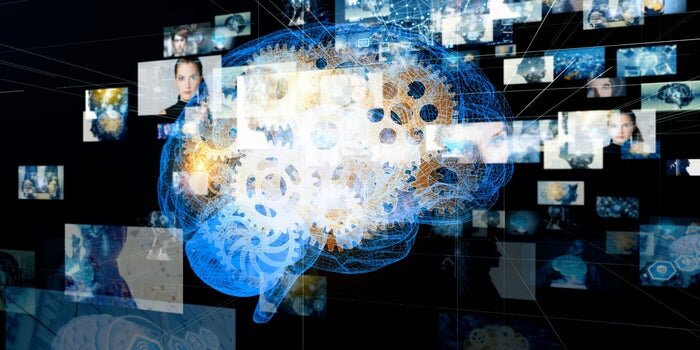
How the Science of Neuroplasticity Can Help Your Employees Thrive
Our brains makes us jump to conclusions!

8 cognitive biases that affect how you manage your team
Managers are expected to make split-second decisions, day in and day out, tracking who is working on what project, discovering whether or not a team member has made enough progress, etc. Understanding our cognitive biases can help us avoid making mistakes as managers and as we make decisions.

The Brain Science of Microlearning: Why It Works
In 2015, millennials surpassed Gen Xers as the largest generation in the workforce. By 2025, they will make up 75 percent of the workforce.

4 things you can do to practice empathy at work
Do you struggle to see others’ points of view? Do you struggle with wanting to see their point of view? Are there people in your life or workplace with whom you can’t seem to connect?

Using Empathy And Emotional Intelligence To Navigate Workplace Conflict In The Covid-19 Era
Workplace conflict is an unfortunate reality for anyone who works with other people.

How do cognitive biases impact the workplace?
All of us develop cognitive biases—the unconscious drivers that influence our judgment and decision-making.

Developing Skills to Understand Other People
Understanding other people's emotions is a key skill in the workplace. It can enable us to resolve conflicts, to build more productive teams, and to improve our relationships with co-workers, clients and customers.

4 Ways to Embrace Diversity for Workplace Success
The business landscape will look dramatically different in coming decades. By embracing people’s differences, we can spark innovation, better understand and serve our customers and gain competitive advantage.

Why 'Cognitive Computing' Is the Next Big Thing for Business Growth
This innovative technology is transforming employee contributions and optimizing business results.

The Myriad Benefits of Diversity in the Workplace
As businesses and individual communities have become more globalized, most companies are operating within a diverse marketplace.

Utilizing Emotional Intelligence in the Workplace
While traditional intelligence was associated with leadership success, it alone was not enough. People who are successful at work aren't just smart—they also have a high EQ.

7 Ways to Measure Emotional Intelligence
Here you will find 7 areas that are part of the measurement of EQ. These are based on research and chronicled in the books from EQ experts, Daniel Goleman and Travis Bradberry.

How we learn things shapes our memory
Humans are constantly learning new things. This ability helps us to grow and adapt to new situations daily. But a new study suggests that different learning mechanisms actually shape how the brain stores memories.

How Anchoring Bias Psychology Affects Decision Making
When people are trying to make a decision, they often use an anchor or focal point as a reference or starting point.


How Complaining Rewires Your Brain for Negativity
Here are 4 simple ways to stop your complaining.

4 Reasons Entrepreneurs Should Learn Another Language
Today, emotional intelligence (EI) is viewed by HR departments as a critical skill. According to Sean Hopwood, President of Day Translations, the best way to develop this is to learn a new language.

4 Tips to Wire Your Brain for Entrepreneurial Wisdom
Researchers are on a quest to find out how can we translate brain science into practical strategies for increasing individual and organizational effectiveness.

Feeling Part of the Team: The Importance of Building an Inclusive Culture in the Workplace
The term “Diversity and Inclusion” has become so common that it can be easy to miss the different meaning of each word.

8 Ways to Improve Diversity in the Workplace
Diversity can benefit the employer in many ways.

